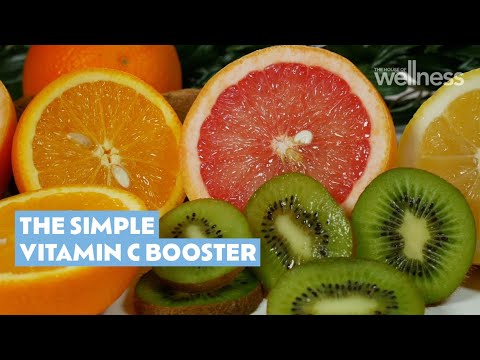What are B Vitamins?
You have probably heard of these from your nutritionist, at the gym, or fitness magazine. B vitamins play an important role in a number of metabolic processes taking place in our bodies- including the release of energy from the food we eat and maintaining the proper functioning of our body’s immune system.
The body cannot create B vitamins itself therefore we have to get them through diet. Like any other vitamins, we only require small quantities of B vitamins. You can get these by eating a healthy balanced diet which is varied. Deficiency from B vitamins can impact severely your health.
Where can You find B Vitamins?
Below are the common food sources containing B vitamins, You will also get to know the scientific names for each B vitamin and what it does in the human body. You don’t have to get confused when you come across a different name.
Vitamin B1 (scientifically called Thiamin)
This Vitamin helps the body to release energy from carbohydrates. It helps to maintain the body’s nervous system and muscular tissue functionality.
You can get this B vitamin from whole grains and wholegrain bread, wholegrain cereal, fortified breakfast cereals fresh fruits, dried fruits.
Vitamin B2 (scientifically called Riboflavin)
This B vitamin also helps the body to release energy from carbohydrates. It aids the release of energy from fat and protein foods.
It helps to maintain healthy skin.
It maintains a healthy mucous membrane.
It helps the body in the use of iron for producing red blood cells and regulating the blood.
It helps in reproductive health, growth, and development.
You can get this B vitamin by eating rice, leguminous foods, baked products, green leafy vegetables, and fortified breakfast cereals.
Vitamin B3 (scientifically called Niacin)
This B vitamin helps to release the energy from the food we eat. It maintains the proper functioning of the body’s nervous system, keeps the skin healthy, and maintains the mucous membrane.
You can get this B vitamin from vegetables including the green leafy ones and nuts.
Vitamin B5 (Scientifically called Pantothenic acid)
This B vitamin is essential for the release of energy from fat.
You can get it by eating oats, wholegrain bread, cereals including fortified breakfast cereals.
Vitamin B6 (Scientifically called Pyridoxine)
It helps the body to release energy from carbs and proteins.
It helps in the use of Iron in the body and the production of red blood cells.
It helps to maintain the normal level of the amino acid called homocysteine whose high levels are linked to the development of heart disease. Maintaining this amino acid is done together with the help of Vitamin B9 and B12.
Vitamin B6 produces a chemical called serotonin, sometimes called the happy chemical which helps to regulate your body’s mood.
You can get this B vitamin from nuts, green and red lentils, wholegrain bread, cereals, bananas, and courgettes
Vitamin B9 (Scientifically called Folate)
This B vitamin is vital for growth and development by supporting cell division.
It aids in the formation of the body’s red blood cells.
It helps to prevent spinal Bifida, a neural tube defect that can occur in unborn babies.
You can get this vitamin from vegetables including the green and leafy ones, yeast, oranges, breakfast cereals, and whole grains.
Vitamin B12 (Scientifically called Cobalamin)
Aids growth and development by facilitating cell division in the body.
It helps the body to manufacture red blood cells.
Maintains the functionality of the body’s nervous system.
Sources of vitamin B 12 include cereals, liver, and whole grains.
sources:
Linus Pauling Institute, Food Standards Agency, Vitamin and mineral requirements in human nutrition, Second edition, World Health Organisation, Food and Agricultural Organisation of the United Nations, Nourished Life






